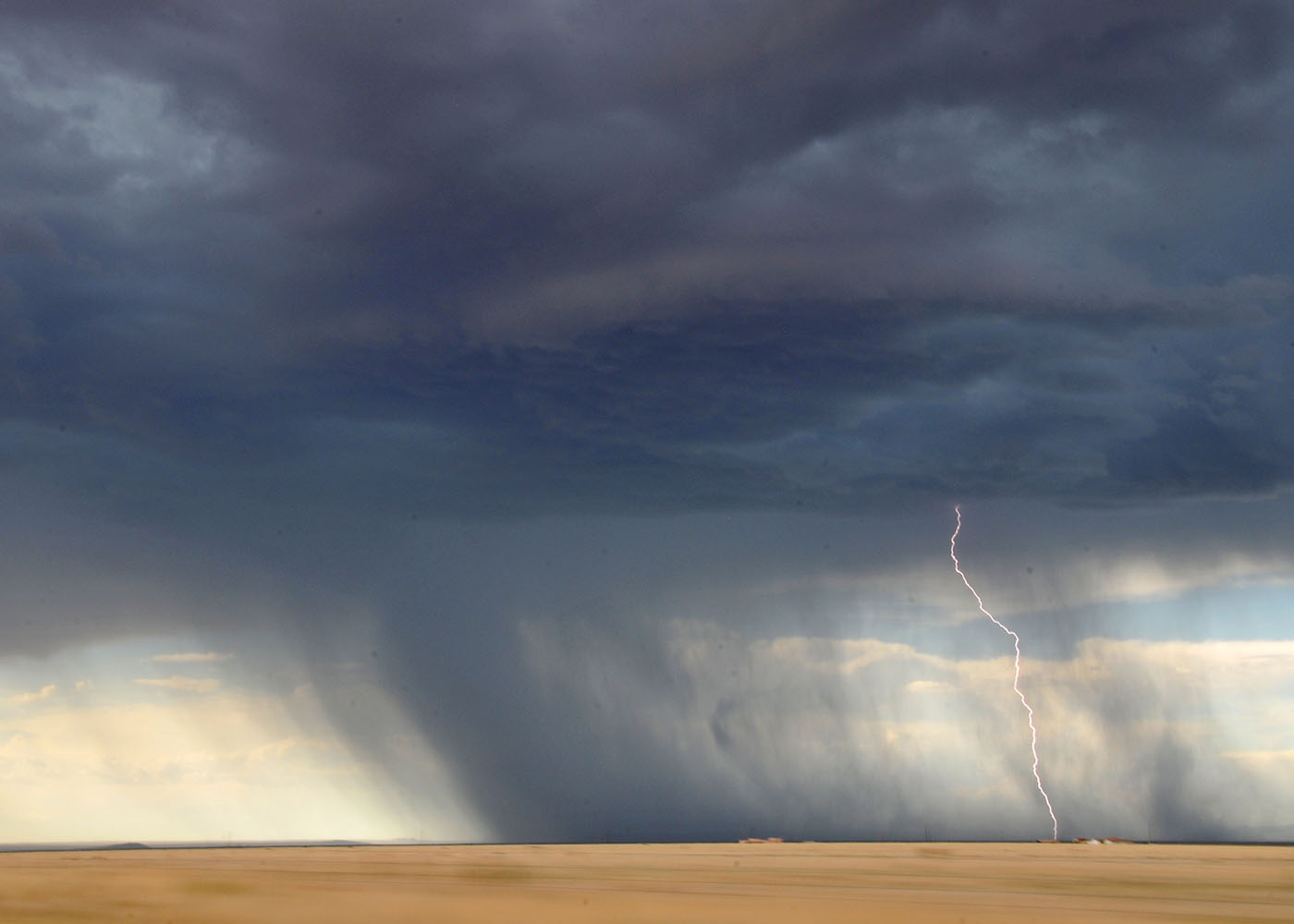Hurricane Laura hit the Gulf coast as a category four hurricane on August 26, 2020. Winds capping out at 150 mph ravaged through Louisiana and Texas, leaving hundreds of thousands without power. Even when power becomes restored, homeowners – like those along the Gulf – are often faced with thousands of dollars in property damage.
If a large storm or hurricane has swept through your area and caused considerable damage, your next step may be to hire a contractor to repair the damage. Unfortunately, many others in your area will be looking to hire as well – especially following a damaging storm like Hurricane Laura. While you’re eager to get the repairs done, you don’t want to cut corners or skip out on performing your due diligence when hiring a contractor.
We’ve gathered up our advice and precautions any homeowner should use when hiring a contractor, utilizing your homeowners insurance policy and repairing damage done to your home.
Is Storm Damage Covered By Homeowners Insurance?
Homeowners insurance typically covers storm and hurricane damage due to lightning, wind and hail. However, damage resulting from flooding is not part of a standard homeowner’s insurance policy. For such coverage, you must purchase a separate policy available from the National Flood Insurance program and sold by an insurance agent.1
What to Do After Storm Damage
To work in conjunction with your insurance provider, below are the recommended steps to take following storm damage to your home or property.
Take Photographs (If Possible)
With any type of insurance claim, thorough documentation is essential. First, you’ll want to take photos and videos of the damage immediately, as long as it is safe to do so. Severe damage can result in an unsafe site, even if it is your home.
Contact Your Insurance Company
Contact your insurance company as soon as possible after storm damage has occurred. Not only is prompt reporting critical, but you’ll want to ensure that more harm to the property does not occur due to delay.
Your insurance company will send out a claim adjuster to survey the damage. Although it’s fine to clean up minor damage beforehand, do not attempt to clean up major damage until an assessment is made. An exception can be made in the event an adjuster cannot get to your property for several days. If this is the case, you could place tarps over holes in the roof or board up holes in the structure. Just make sure to take photos of the damage before doing anything.
Review How Your Policy Works
Your homeowner’s insurance policy will specify how storm damage claims are handled. Much will depend upon your policy and the provider. Your insurance representative can answer your questions or clarify language in the policy.
For example, your policy may or may not require that you use a contractor selected by your insurance company. If you must use an approved contractor, does the insurance company work directly with them, or is coordinating repair work your responsibility? Make sure you understand your obligations before proceeding.
Arguments between insurance adjusters and contractors are common. For example, the contractor might claim your roof suffered substantial damage. The adjuster may doubt the damage is as bad as alleged, but if they did not go on the roof, they have no evidence. In such disputes, have the contractor document the roof damage. One of the parties, either the adjuster or the contractor, is right.
While contractors may inflate the price of repairs, the insurance adjuster may underestimate the damage. Getting several quotes from multiple parties can help you get a ballpark figure.
Choosing a Contractor
Keep in mind that when a major storm occurs, such as Hurricane Laura, there are those who see this as a chance to make money off of vulnerable homeowners. Some of these “contractors” work with every intention of ripping the homeowner off. Others may simply lack the expertise necessary to repair storm damage according to local building codes.
Read Reviews & Ask For Recommendations
How do you sort the wheat from the chaff when it comes to contractors? Start by asking friends or family if they have any recommendations and read through reviews on third-party sites.
These comments should provide a great deal of information about the contractor’s reliability, professionalism and standard of work. Keep in mind that people are more likely to share complaints than praise online, but too many negative reviews could be a bad sign.
Review Their Workmanship Warranty
Any contractor you consider must possess proper licensing and insurance, and every contractor should have a workmanship warranty. Read it carefully.
Expect a Timely Response
Remember, contractors are likely deluged with calls, texts and emails after a big storm, meaning they may not get back to you right away. Still, a professional should return your message within a reasonable time frame.
Avoid Price Gougers
Find out what the market rate in your area is for storm-related home repairs. Price-gouging, even if illegal, can occur more frequently after a big storm. Never sign an agreement with a contractor unless you understand all aspects, even if they tell you it’s just giving them permission to discuss the repairs with your insurance company. The form may state you must have them do the work.
Shopping for a contractor after storm damage does not differ much from hiring a contractor at any other time. Although an emergency exists, you want someone who is reliable, does good work and charges fair prices.
This content is developed from sources believed to be providing accurate information, and provided by Twenty Over Ten. It may not be used for the purpose of avoiding any federal tax penalties. Please consult legal or tax professionals for specific information regarding your individual situation. The opinions expressed and material provided are for general information, and should not be considered a solicitation for the purchase or sale of any security.

